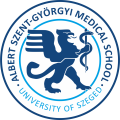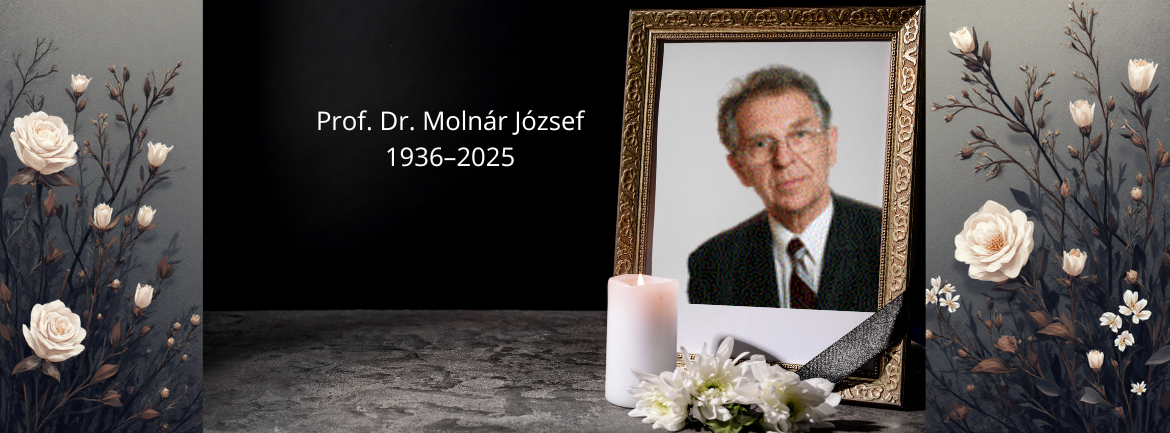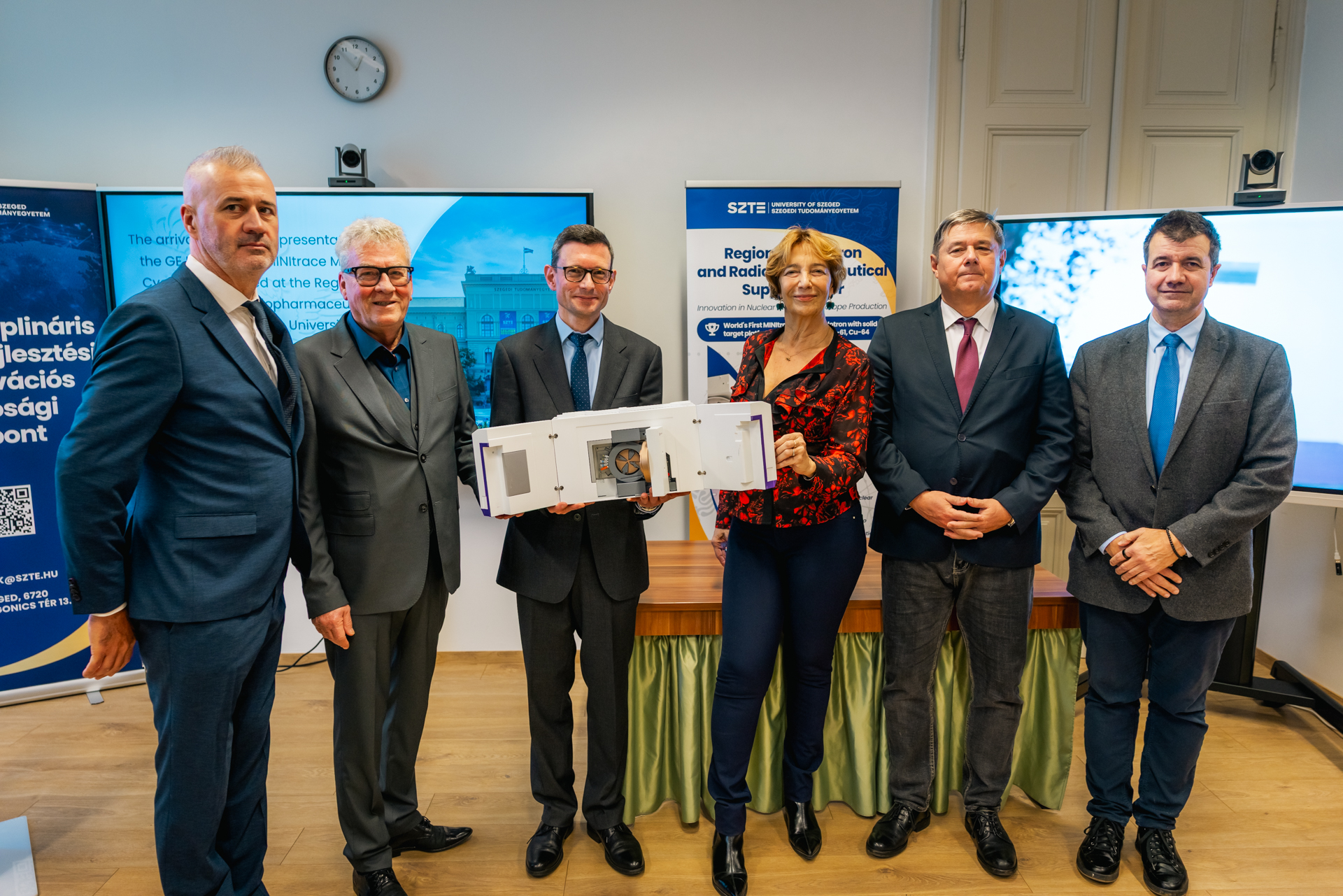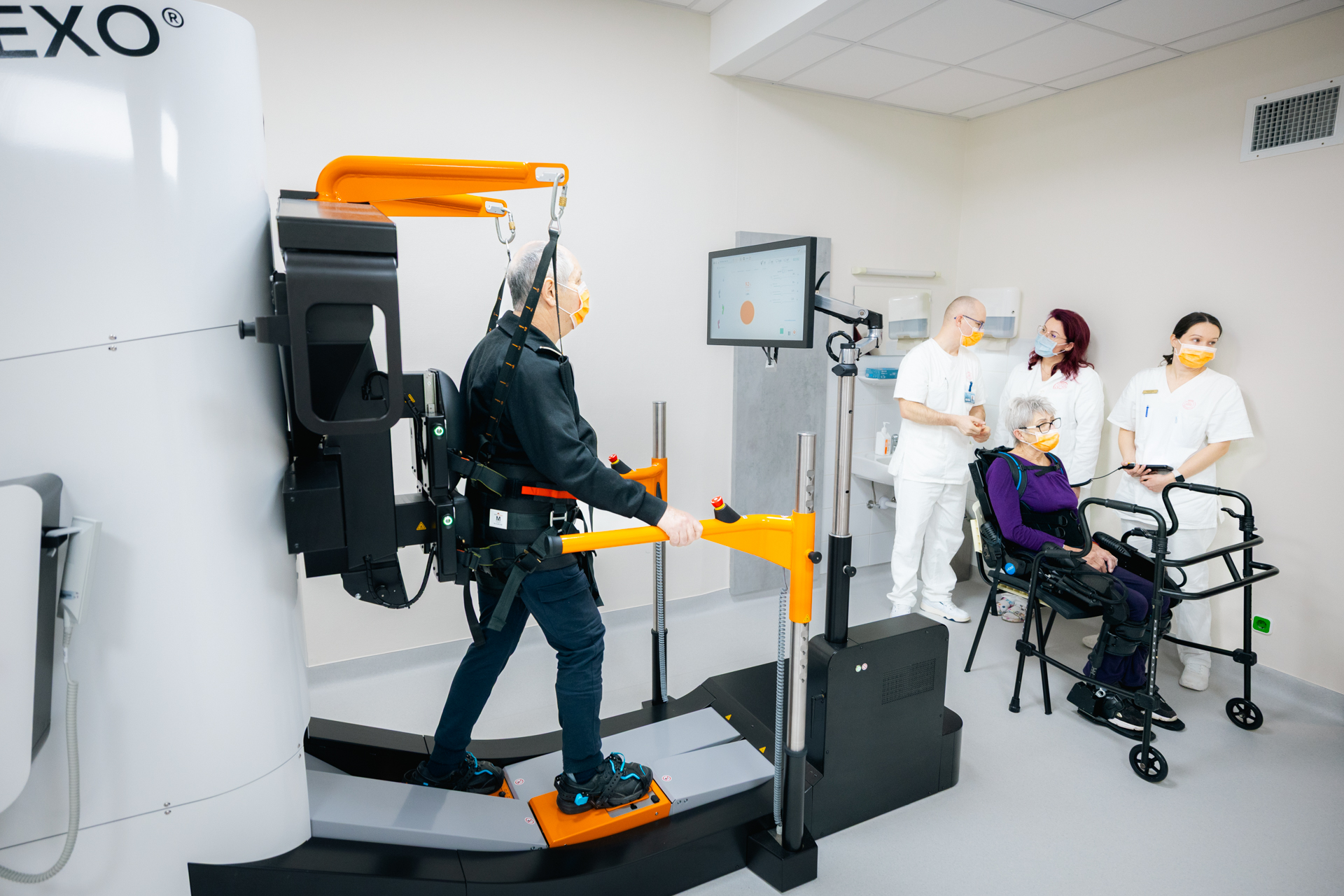University of Szeged
Albert Szent-Györgyi Medical School
Foreign Students' Secretariat
Your Education. Our Mission.
Summer Practice After 2nd Year ( GYTKKA511 – Summer Practice 1.)
The period of practice is 4 weeks, 35 hours/week (5x7 hrs). An attendance sheet has to be taken during the practice and student must work under the supervision of the instructing pharmacist. The pharmacist has to complete an evaluation form after the practice. The student has to sign the form as well. At the end of the practice the pharmacist should evaluate the work of the student according to the three-grade system: highly met requirements (5), met requirements (3), did not meet requirements (1).
The student is required to choose two topics of thepractice (listed on the evaluation form) and prepare two one-page essays on the basis of his work in the pharmacy. The pharmacists have to evaluate the essays according to the following: highly met requirements, met require
ments, did not meet requirements.
The attendance sheet, the evaluation form and the two essays have to be submitted at the Secretariat.
The summer practice can only be accepted if the evaluation of the student is at least „met requirements” and the student has spent the compulsory time in the pharmacy.
Required forms:






